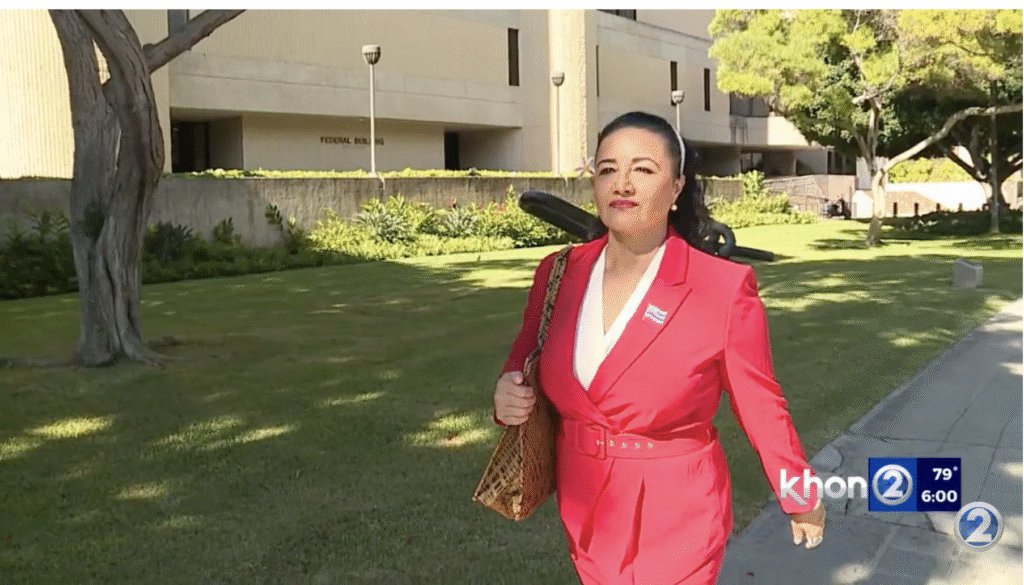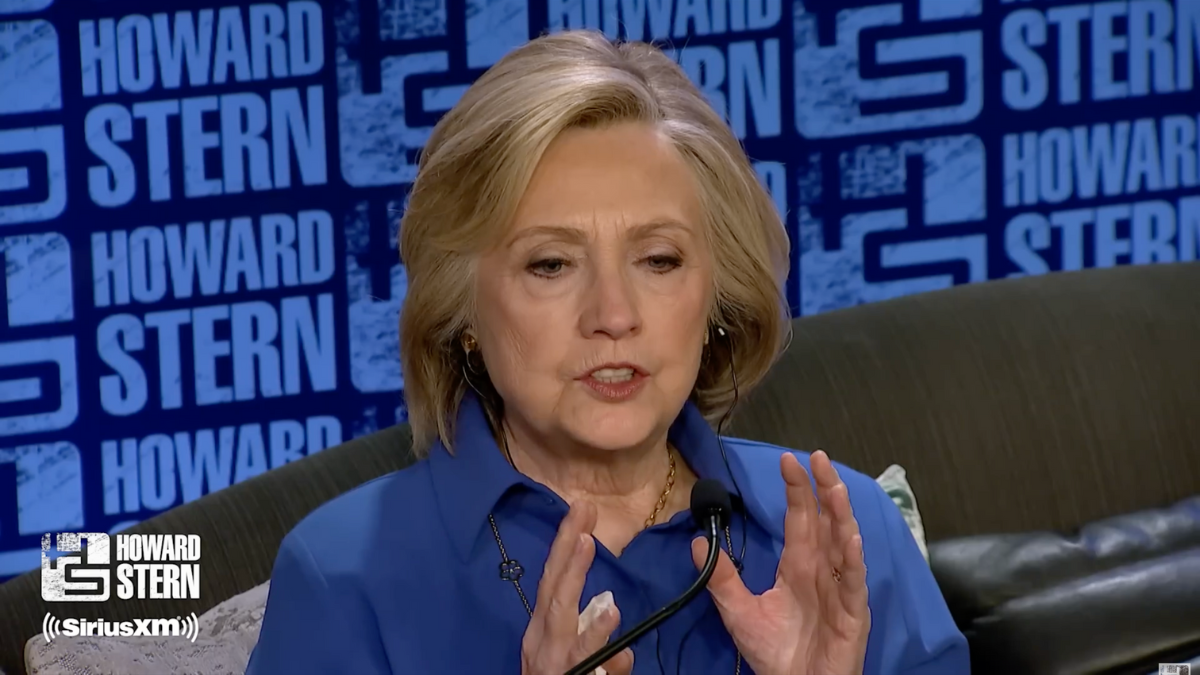Emboldened FCC chair becomes political lightning rod in free speech debate
The article discusses the increasing political controversy surrounding Brendan Carr, the chairman of the Federal Communications Commission (FCC) and a Trump appointee. Carr has become a contentious figure after the indefinite suspension of late-night host Jimmy Kimmel by ABC, following Kimmel’s controversial remarks about Charlie kirk. Democrats accuse Carr and the Trump management of using their regulatory power to suppress political opposition and threaten free speech, viewing the suspension as part of a broader “assault on democracy.” Meanwhile, conservatives praise Carr for defending conservative voices on publicly licensed broadcast networks, which are subject to FCC oversight.
Carr wields meaningful influence over major network mergers and broadcast licenses, giving the administration leverage over media companies. Prior to ABC’s decision to suspend Kimmel, Carr reportedly pressured networks, warning them about their public interest obligations tied to their FCC licenses.This move has drawn criticism from Democrats, who see it as government overreach, and some Republicans who caution against FCC involvement in such matters. The situation has prompted heightened partisan conflict, with Democratic lawmakers vowing investigations and Republican officials defending Carr’s actions as legal and appropriate.
Former President Obama and several Democrats have condemned the approach as an escalation of “cancel culture” through regulatory threats, while Trump has suggested the FCC could revoke licenses of networks for political bias. The article highlights the tension between free speech rights, media regulation, and political influence, illustrating FCC Chairman Brendan Carr’s unprecedented role as a political lightning rod in the national debate over broadcast media and free speech.
Emboldened FCC chair becomes political lightning rod in free speech debate
Brendan Carr has suddenly emerged as a top target for Democrats and a hero for the MAGA world following Jimmy Kimmel’s ouster from his late-night talk show.
The Trump appointee and chairman of the Federal Communications Commission holds the power to stand between multi-billion-dollar network mergers, giving new teeth for the president and his allies to use FCC approval as potential leverage against critics on public airwaves.
The indefinite suspension of Kimmel, which the network couched as the result of the late-night host’s remarks falsely linking Charlie Kirk’s alleged assassin to Trump supporters, is seen by Democrats such as Senate Minority Leader Chuck Schumer (D-NY) as the latest “assault on democracy.”
“It’s repulsive — repulsive — that the Trump administration is perversely using his awful death as a predicate to supercharge their longstanding campaign against political opponents,” Schumer told reporters.
For many on the Right, Carr is a welcome protector of conservative views on broadcast networks that Republicans say have long been dominated by liberal positions. But unlike paid cable channels and streaming services, stations that broadcast over public airwaves and are free — ABC, CBS, NBC, and Fox — require FCC licenses to operate.
“It’s called soft power. The Left uses it all the time. Thanks to President Trump, the Right has learned how to wield power as well,” posted conservative commentator Benny Johnson, accompanied by a recent interview with Carr. “Brendan Carr is the most consequential FCC Chairman in American History.”
ABC is owned by Disney, but dozens of the network’s local affiliates scattered across the country are owned by Nexstar, which is seeking FCC approval for a $6.2 billion merger with rival Tegna. Disney also has business before the Justice Department with an antitrust investigation into its bid to acquire a controlling stake of FuboTV and combine it with Disney’s Hulu + Live TV.
Republican lawmakers made the case that Carr took no action or steps under his authority to sideline Kimmel. Sen. Josh Hawley (R-MO), a lawyer by trade, likened previous threats from Carr toward ABC and Kimmel to nothing beyond legal “puffery.”
“Is his speech First Amendment protected? Sure, you can go say that,” Hawley said of Kimmel. “We’re not talking about an FCC proceeding or coercive authority. We’re talking about a private corporation making a decision.”
Ratings for Kimmel’s show had declined sharply this year. Republicans argued this, and not pressure from Carr, was the reason behind ABC’s decision to bench Kimmel.
In the hours before ABC’s decision, Carr pushed for Kimmel’s suspension over his misleading comments about Kirk and warned the FCC could “do this the easy way or the hard way.” Hours later, ABC affiliates owned by Nexstar and Sinclair had dumped the show, and ABC announced the host would be “indefinitely suspended” over his Kirk remarks.
Carr embarked on a victory lap, making media appearances and sending reporters celebratory texts.
“We’re on a cable show right now. You don’t have an FCC license and an obligation to serve the public interest. Podcasts don’t either,” Carr said in a CNBC interview. “Kimmel is free to do that, but if you have a broadcast TV license… it comes with an obligation to serve the public interest.”
His position on serving the public interest appeared to contrast his previous thinking from a 2019 post, in which he said that the FCC “does not have a roving mandate to police speech in the name of the ‘public interest.’” In his CNBC interview, Carr made the case that online censorship lacked the same public interest standard as broadcast television, which requires licenses.
The FCC declined to provide further comment.
In the days before the FCC greenlighted an $8 billion merger in July between Paramount and Skydance, Stephen Colbert revealed the scheduled cancellation of his late-night show on CBS, which is owned by Paramount. Carr critics have drawn comparisons between the fate of Colbert, also a Trump critic, and the latest late-night show drama with ABC and Kimmel.
The separate but similar episodes have sparked a firestorm of accusations, predominantly from Democrats, that Trump and allies are using the federal government to infringe on free speech. An effort by Rep. Ro Khanna (D-CA) on Thursday to subpoena Carr before the House Oversight Committee was shot down, but Chairman James Comer (R-KY) suggested the panel may still seek his voluntarily testimony.
Trump celebrated Kimmel’s ouster and on Thursday went a step further by floating that Carr could yank the operating licenses of other broadcast news organizations for unfair political coverage.
“After years of complaining about cancel culture, the current administration has taken it to a new and dangerous level by routinely threatening regulatory action against media companies unless they muzzle or fire reporters and commentators it doesn’t like,” former President Barack Obama said in a rare statement.
Rep. Eric Swalwell (D-CA) vowed retaliation once Democrats regain the majority, advising Carr in a social media post to “get a lawyer” and “save your documents.”
“In a Dem majority, your ass is going to be in a witness chair for a long time,” Swalwell wrote. “It’s ALL coming out. All of your corrupt deals.”
But even Republicans most accustomed to decrying government overreach, such as libertarian Sen. Rand Paul (R-KY), have shown little concern or willingness to link Carr’s influence as a government official and potential free speech violations.
“I don’t think the government should punish people. I haven’t seen that yet,” Paul said. “But at the same time, I don’t want to give the impression that there shouldn’t be ramifications for saying despicable things. There are ways that people will be punished, and one of the ways is through contracts.”
TRUMP FLOATS YANKING BROADCAST NETWORK LICENSES AFTER JIMMY KIMMEL OUSTER
In a subsequent tweet, Paul became one of the first GOP lawmakers to offer measured criticism for how Carr has handled the situation.
Paul wrote that the First Amendment “says nothing about private companies firing people who say despicable things” but that “the FCC should not be involved, however.”
Samantha-Jo Roth and Rachel Schilke contributed to this report.
" Conservative News Daily does not always share or support the views and opinions expressed here; they are just those of the writer."




